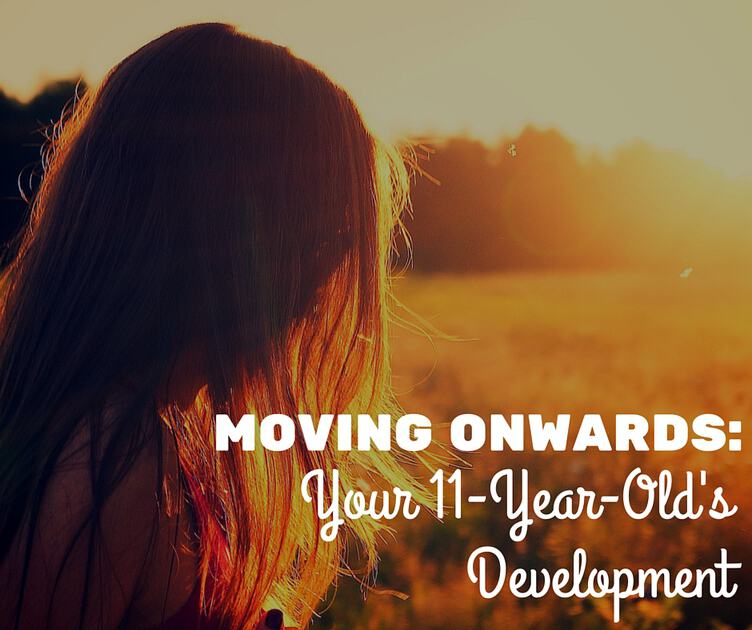
Your child is facing significant changes in their life: a new school, approaching teenhood, and a changing body may feel scary and make life challenging. Your growing child still needs your support, and though it may be trickier to help them, it’s worth all the effort.
Physically, girls at eleven years old are fast approaching puberty; they’re becoming more aware of changes in their bodies, which could lead to self-image problems or eating disorders. This is one of the fastest periods of growth, and they may gain up to 3.5 inches in height and start to develop a more mature body shape. Boys typically enter puberty in the next 2-3 years, although this developmental period can begin as early as nine or as late as fourteen-years-old.
Cognitive skills develop quickly at this age. They’re more confident speakers and may adapt their speech, including slang and swearing, to fit in with their peers. They’re better at abstract thinking, problem-solving, and reasoning hypothetically, so you can expect some interesting discussions. Your child’s self-management has improved, though you might need to talk to them about issues such as hygiene, homework, and risk-taking behavior. It’s likely they just moved to a new school and might need support or guidance with the additional academic challenges they’re facing.
Their social groups are changing, and they’ll want to spend more time with friends. The acceptance of their peers is important to them. Your child might be less open and communicative with you. They’re struggling for a level of independence they’re not quite ready to achieve; this can be frustrating for them and can manifest itself as rudeness or a bad attitude. They now realize that grown-ups aren’t perfect and could become critical of adult behavior. More positively, they may become more interested in community issues and want to help others.
Emotionally, this is a turbulent time for eleven-year-old girls; puberty and body changes can make her feel less confident and lower her self-esteem. Boys can be just as anxious and uncertain about changes in their bodies at this age. Both genders might have a first crush (or pretend to have them to fit in with their peers). They might also be confused by their first experiences of sexual desire. Your child may find it difficult to maintain an even temper; anger and rebellion are common at age eleven. Despite this, they’re better able to understand the other person’s point of view, making them more open to reasoned arguments.
There are several ways you can support your child. Open communication and answering their questions honestly, especially about how their body and feelings are maturing, will maintain the trust you’ve built over the years. Encouraging your child to be proud of their accomplishments and effort and supporting them when things don’t go so well will bolster their confidence and self-esteem. Staying calm during moodiness or emotional outbursts, which often stem from them asserting their independence or expressing their individuality, prevents situations from escalating. Giving your child time, space and privacy will allow them to sort through their feelings and makes them more likely to confide in you.
Socially, you can encourage your child to participate in group activities. By respecting their friendships and meeting their friends’ parents, you can identify and deal with any bad influences before they become a problem. Involving your child in family decision-making, giving them set chores, and showing an active interest in their education will help them develop a sense of responsibility and allow you to reinforce the positive values they need for later life.
Your 11-year-old might seem more interested in what their friends say, but your son or daughter needs you. You can have a strong relationship that will give them the support and guidance to become the successful adult you want them to be.

